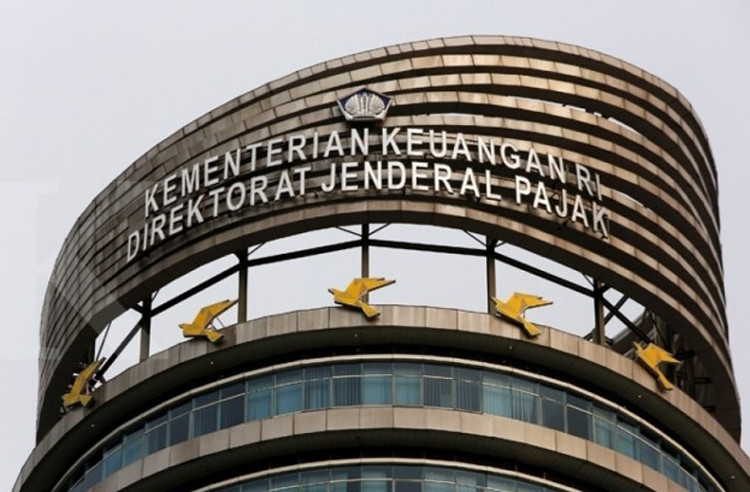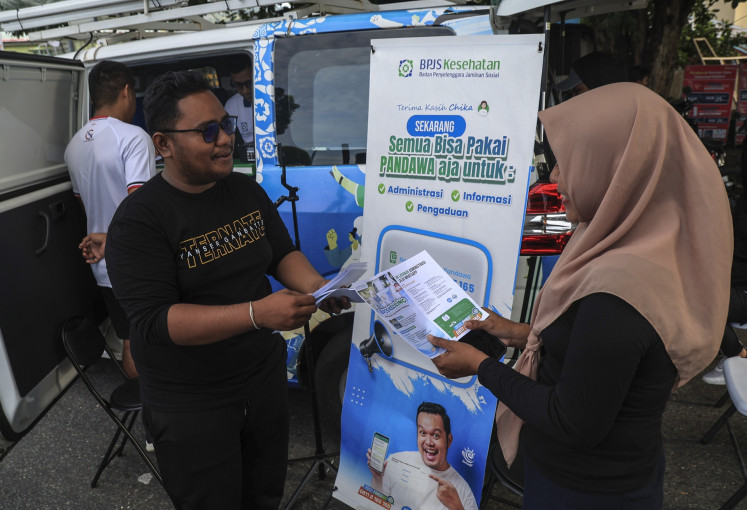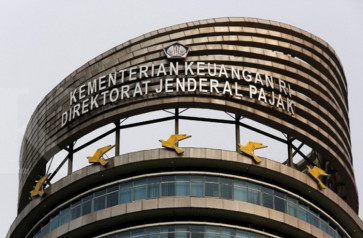Popular Reads
Top Results
Can't find what you're looking for?
View all search resultsPopular Reads
Top Results
Can't find what you're looking for?
View all search resultsReforming Indonesian tax dispute settlement system
An increase in the number of objection and non-objection appeals can be seen as a rise in the number of taxpayers dissatisfied with the audits conducted by the DGT.
Change text size
Gift Premium Articles
to Anyone
T
he Directorate General of Taxes (DGT) received 229,580 objection and non-objection applications during the pandemic in 2020-2021, compared with 152,494 in 2018 and 209,099 in 2019.
The tax objection application is a mechanism that taxpayers can use to look for tax justice if they are not satisfied with the tax disposition issued by the DGT. Meanwhile, the non-objection application is a mechanism used by taxpayers to ask for relief from tax administration sanctions.
Both applications are handled by the Tax Objection and Appeals Division under the coordination of DGT regional offices. However, if taxpayers are still unsatisfied with the objection and non-objection decision reached by this division, they can submit a tax appeal application to the Tax Court.
Tax appeal cases won by the DGT is under 50 percent on average. In 2020, for example, from the 8,664 appeals and lawsuits filed by taxpayers, the DGT won only 43.10 percent of cases. In 2019 the number of appeals and lawsuits won by the DGT was 40.54 percent of the total tax appeals, according to DGT 2021 data.
This situation is significant enough to indicate that the objection and non-objection processes in Indonesia are not effective or efficient enough, according to the perspective of the taxpayer. An increase in the number of objections and non-objections can be seen as an increase in the number of taxpayers dissatisfied with the audits conducted by the DGT. At the same time, the low number of appeals won by DGT can be interpreted as the suboptimal quality of objection decisions provided by the DGT.
There are three main problems in the tax objection process in Indonesia. First, the problem of psychological pressure. In the objection settlement process, there is an assumption that if an objection reviewer grants the taxpayer's objection request, the state loses tax revenue. This assumption was confirmed when an inspection was conducted by the government's internal auditor, who found that it was assumed that losing tax receipts meant the potential for state losses. Therefore, in practice, most objection reviewers reject the taxpayer's objection and non-objection applications.
A second problem in the tax dispute settlement system concerns independence. From the taxpayer's perspective, the tax objection decision is not independent because of the position of the tax objection division under DGT coordination. The issue of independence poses a dilemma to the objection reviewers.



















